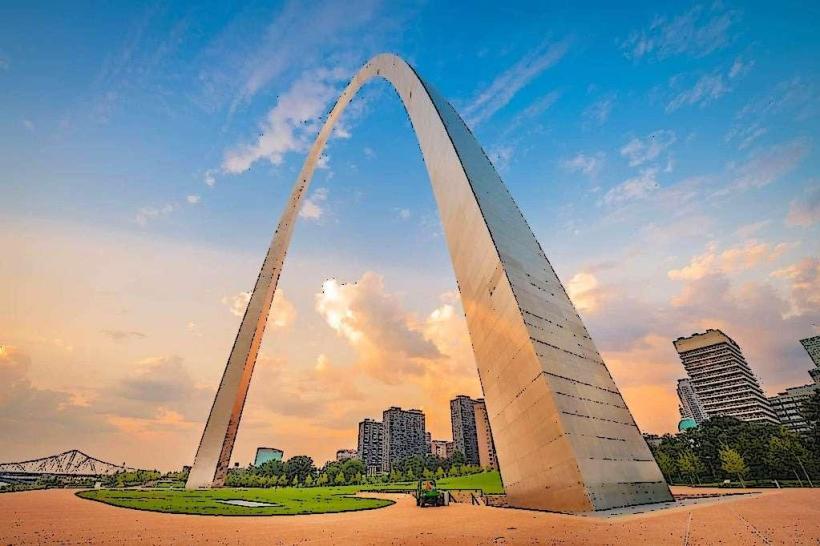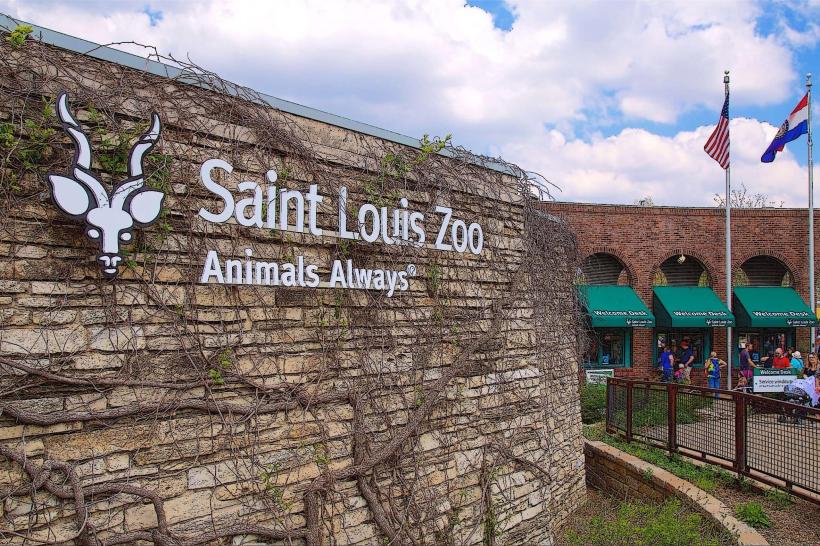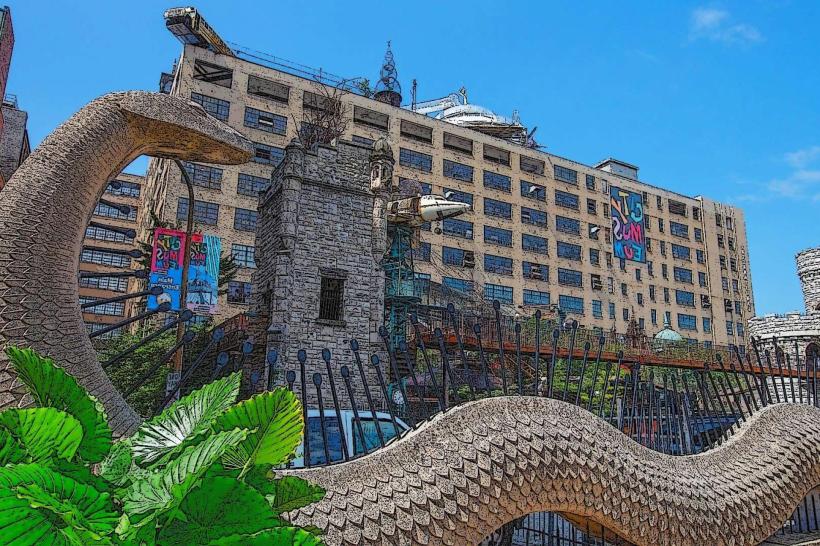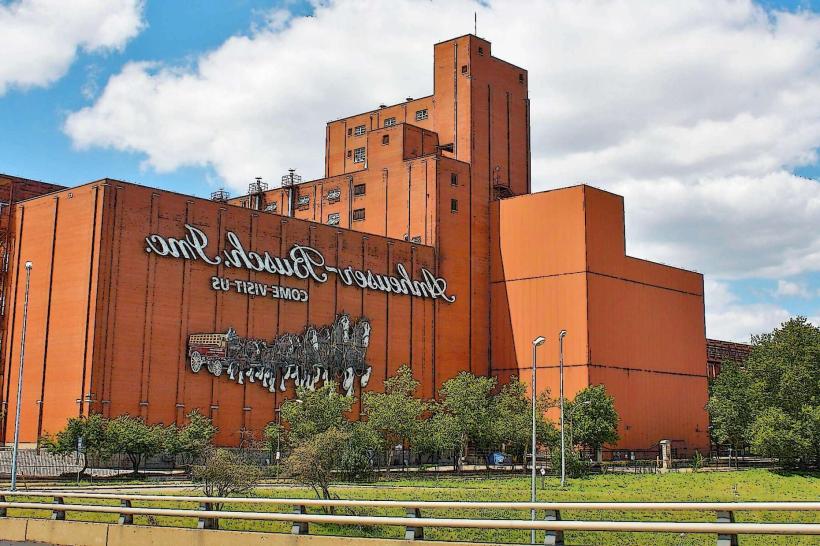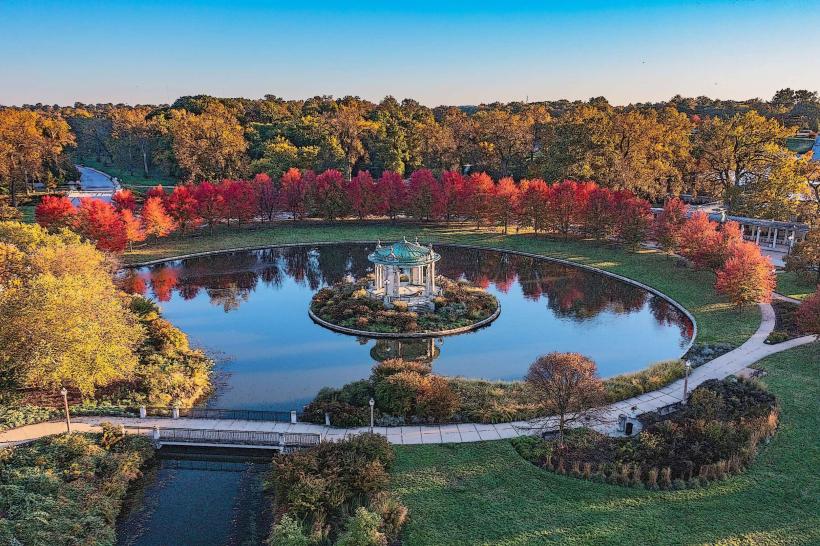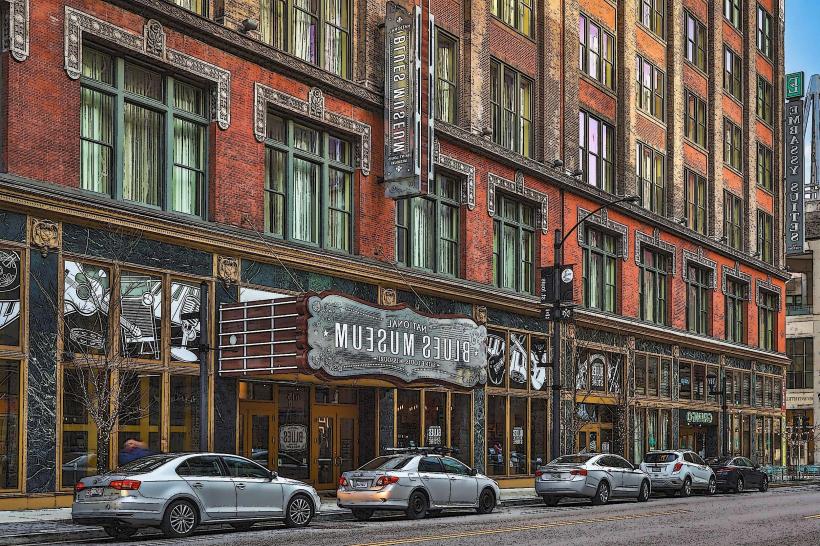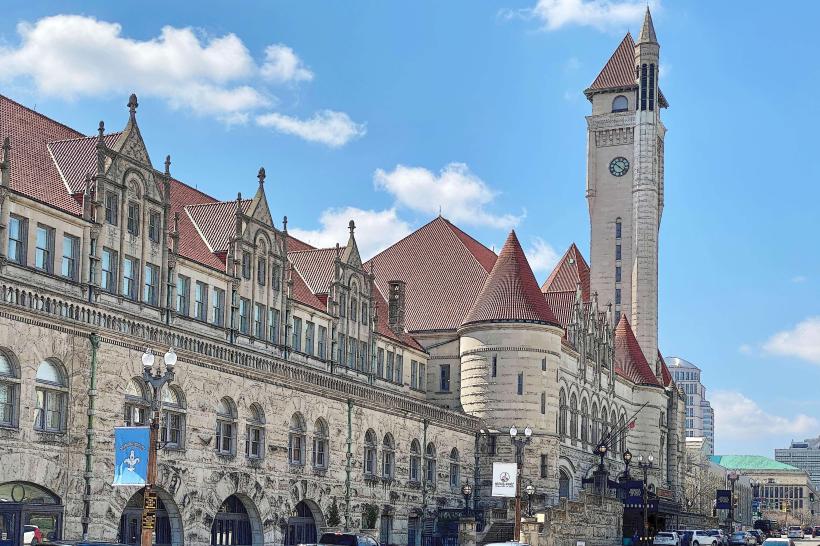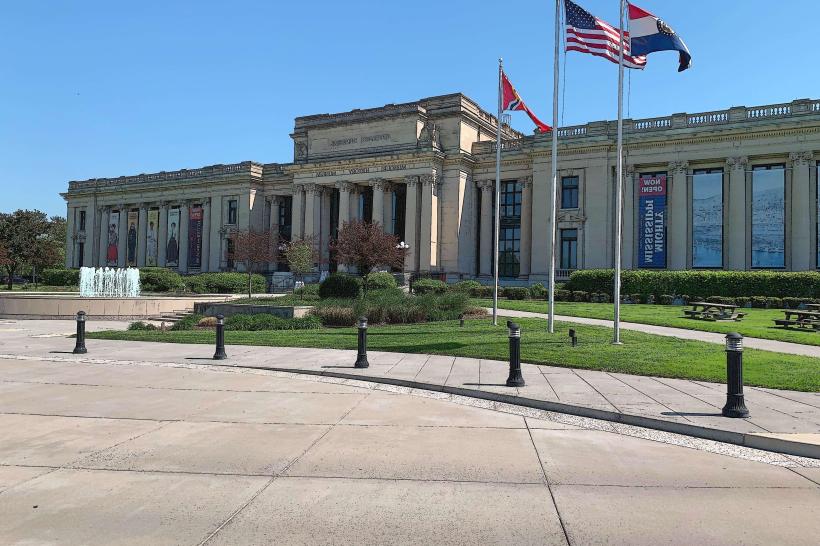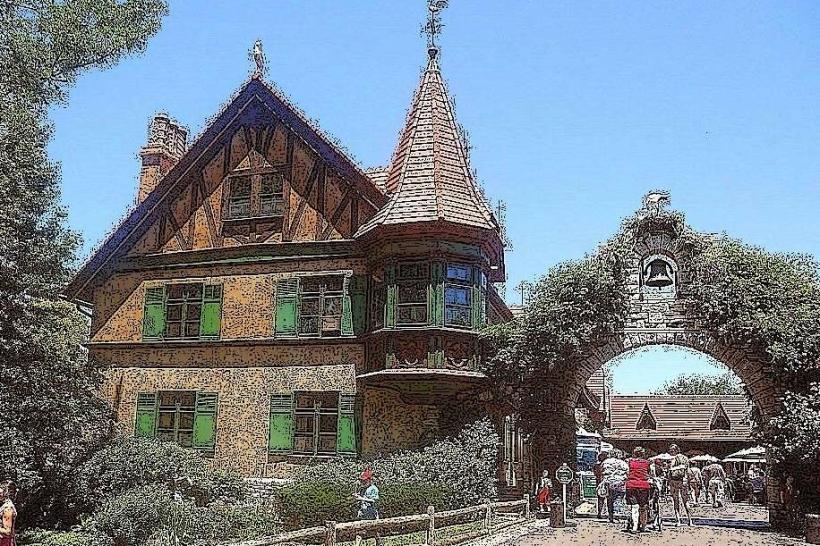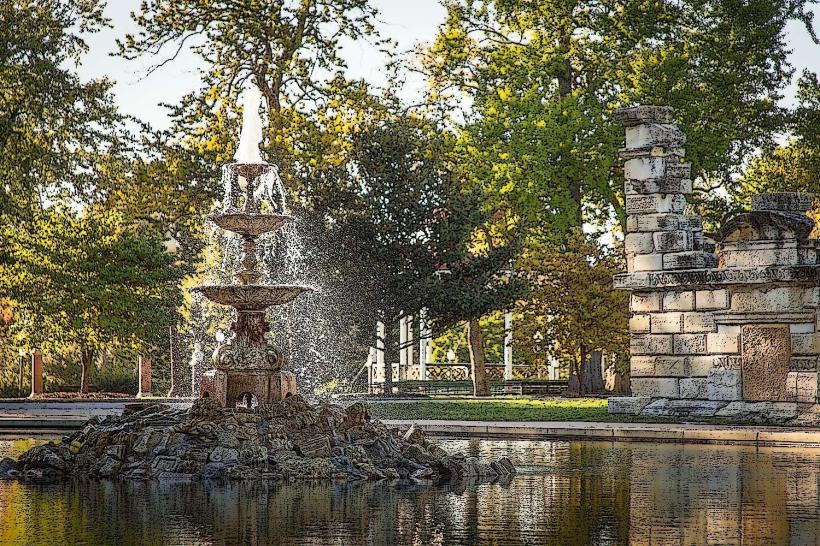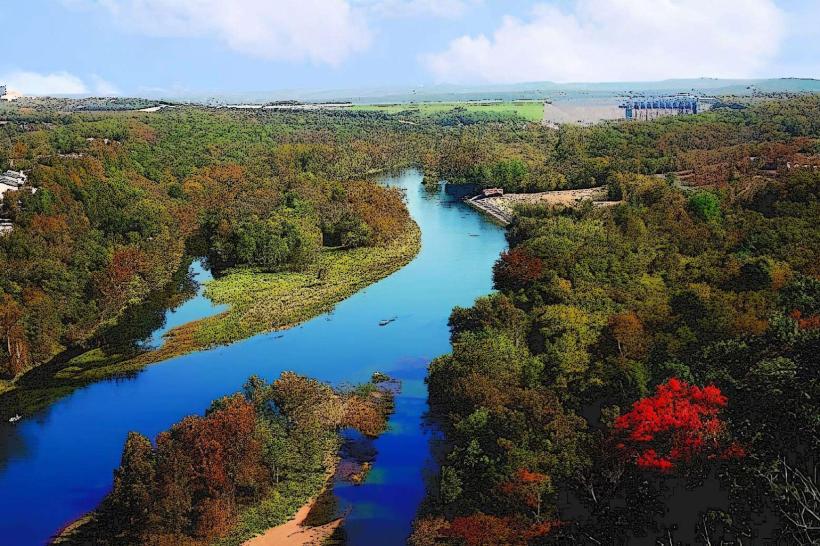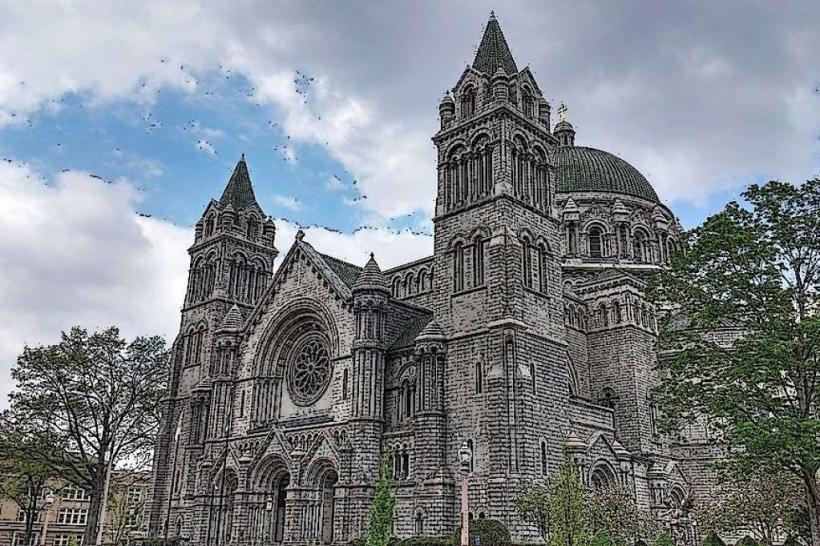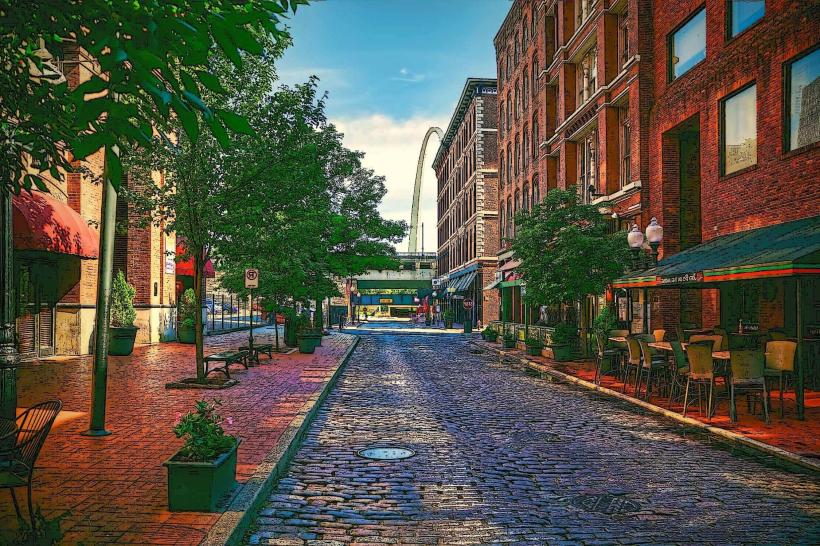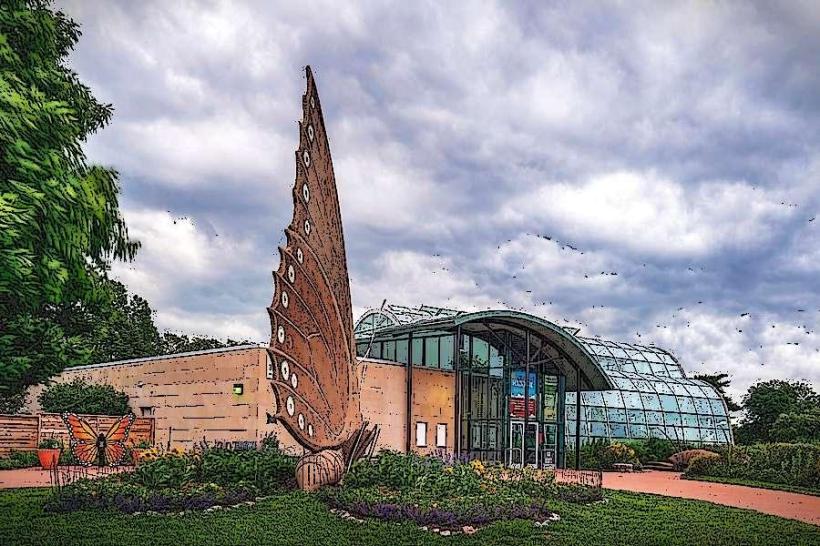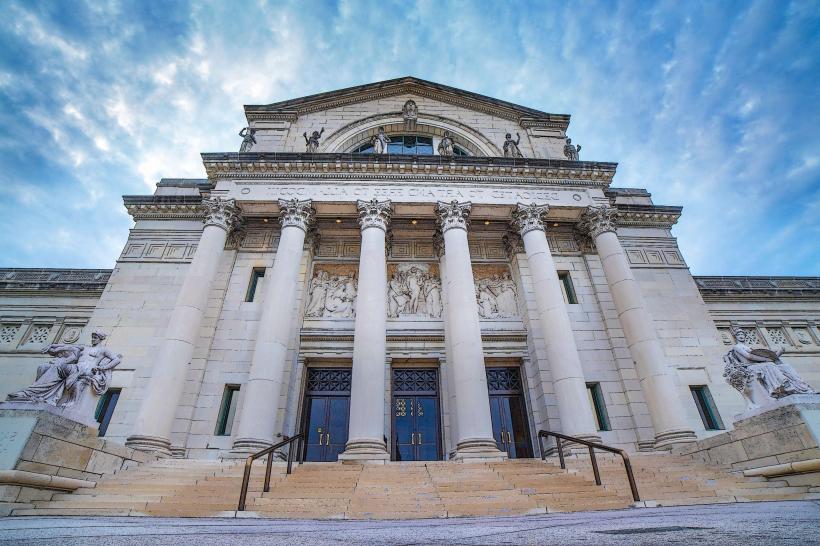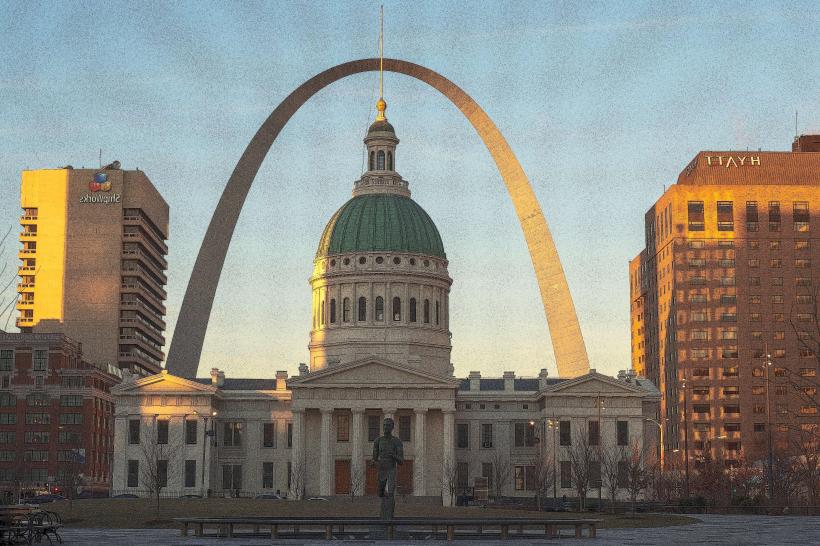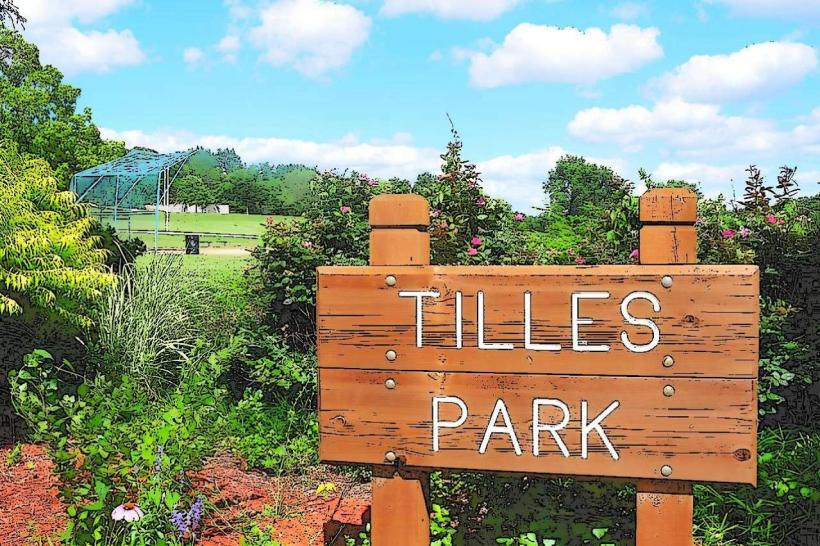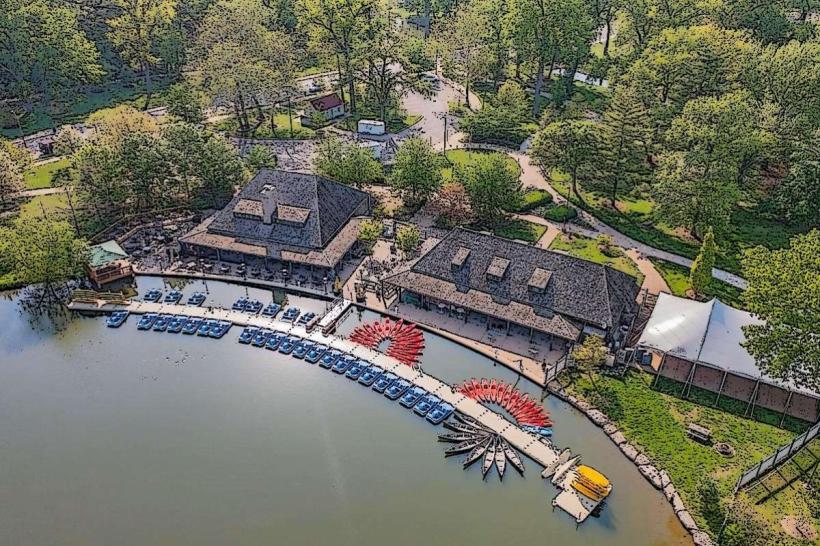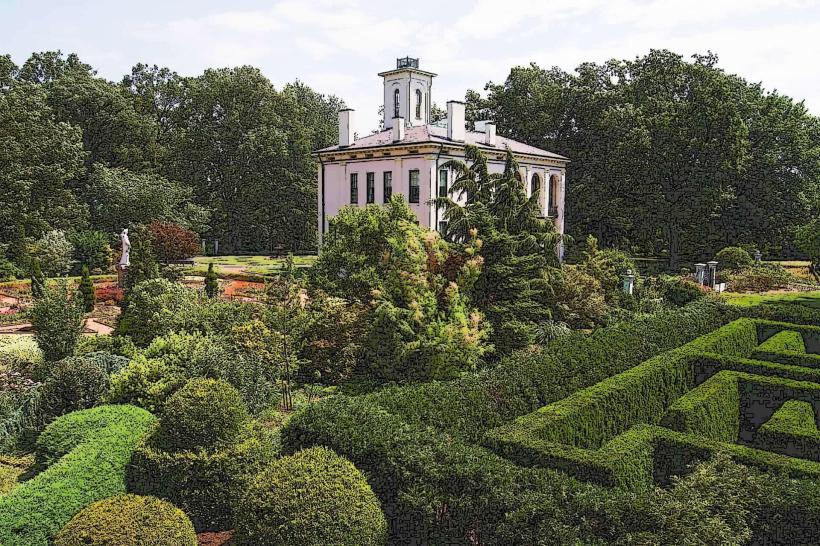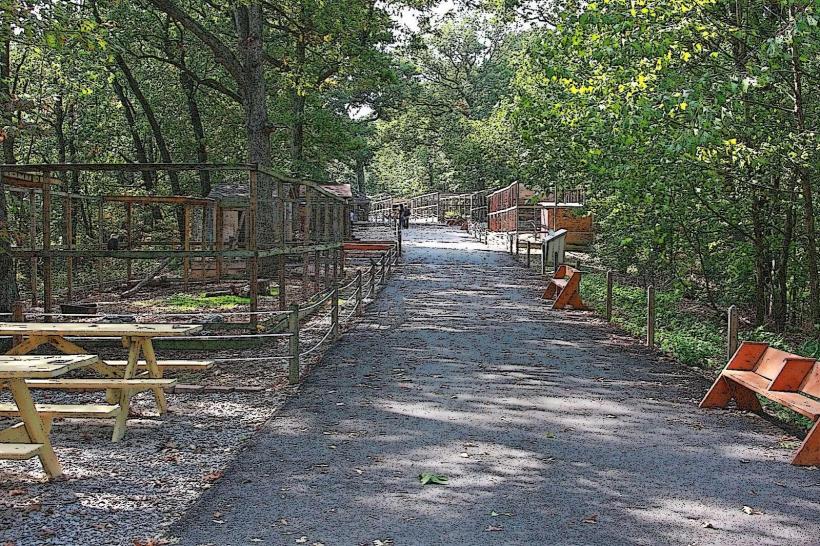Information
Landmark: Missouri Botanical GardenCity: St Louis
Country: USA Missouri
Continent: North America
Missouri Botanical Garden, St Louis, USA Missouri, North America
The Missouri Botanical Garden, located in St. Louis, Missouri, is one of the oldest and most prestigious botanical institutions in the United States. Renowned for its extensive plant collections, innovative horticultural research, and stunning landscaped gardens, it serves as both a public garden and a center for botanical science and education.
Historical Background
Founded: Established in 1859 by German immigrant Henry Shaw, the garden was created with a vision to advance botanical knowledge and provide a beautiful green space for public enjoyment.
Designation: It is a National Historic Landmark, recognized for its historic architecture and pioneering role in American horticulture.
Garden Layout and Major Features
The Missouri Botanical Garden covers approximately 79 acres and consists of several distinct thematic and specialty gardens, greenhouses, and educational facilities.
Climatron Conservatory
A geodesic dome greenhouse that replicates a tropical rainforest environment, housing exotic plants, orchids, bromeliads, and tropical trees.
The Climatron was the first geodesic dome constructed for botanical purposes and remains a striking architectural feature.
Japanese Garden (Seiwa-en)
One of the largest authentic Japanese strolling gardens in North America, covering around 14 acres.
Designed to reflect traditional Japanese aesthetics, it features waterfalls, stone lanterns, bridges, ponds, and carefully manicured trees.
The garden is a place of tranquility and seasonal beauty, especially spectacular during cherry blossom season and autumn foliage.
English Woodland Garden and Rock Garden
Designed to emulate natural woodland and rocky landscapes, showcasing native plants and stonework.
The Rock Garden includes waterfalls, pools, and a variety of ferns, hostas, and shade-loving plants.
Victorian Garden
A formal garden area that reflects the Victorian era’s horticultural styles with colorful flower beds, neatly clipped hedges, and ornamental features.
Linnean House
The oldest greenhouse on site, housing rare and delicate plant species including cycads, carnivorous plants, and tropical orchids.
Research and Education
The Missouri Botanical Garden operates one of the world’s leading botanical research centers, focusing on plant taxonomy, conservation, and ecology.
It collaborates globally on efforts to protect endangered plant species and restore native habitats.
Educational programs range from children’s classes to adult workshops, public lectures, and community outreach.
Special Exhibitions and Events
The garden hosts seasonal displays such as the annual Orchid Show, Chrysanthemum Festival, and Holiday Light Festival.
Exhibitions often highlight rare plants, artistic floral arrangements, and horticultural innovations.
Special events include guided tours, garden festivals, and cultural celebrations.
Visitor Amenities
Facilities include a visitor center with a gift shop and café, accessible walking paths, and areas designed for relaxation and contemplation.
The garden is wheelchair accessible and provides resources for visitors of all ages and abilities.
Location and Accessibility
Situated near Forest Park and the Central West End neighborhood, the Missouri Botanical Garden is easily accessible from downtown St. Louis by car or public transportation.
It is open year-round, with hours adjusted seasonally to accommodate daylight and events.
Summary
The Missouri Botanical Garden is a living museum that combines horticultural excellence, scientific research, and public education in a stunning natural setting. Its diverse gardens, innovative conservatories, and commitment to plant conservation make it a premier destination for garden lovers, scientists, and tourists alike. The garden’s rich history and continuous evolution embody the spirit of discovery and appreciation for the natural world.

